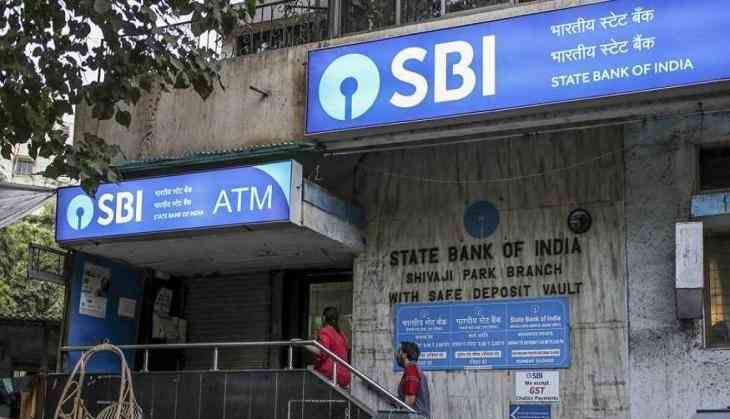
There is only 20-30 per cent likelihood of a global recession and chances of prolonged stagflation in the economy seem more, according to State Bank of India research report Ecowrap's latest edition, which has projected that India's inflation rate is expected to come closer to 5 per cent by March 2023.
"The fear arises that spiralling inflation and an aggressive monetary policy tightening cycle may lead to the recession, particularly in the US economy. However, the fear is unfounded," it said.
In India, retail inflation has been over the Reserve Bank of India's upper tolerance band of 6 per cent for the sixth consecutive month in a row in June. Retail inflation came in at 7.01 per cent in June.
"CPI inflation moderated slightly to 7.01 per cent in Jun 2022 as compared to 7.04 per cent in May 2022 due to moderation in food inflation. The June data now confirms the fact that peak had passed," the report said.
The moderation in inflation in the past two months has been possible because of the various steps taken by the government, including the cut in taxes on petrol, and diesel, restrictions imposed on food exports, and cut in cement prices amid a global meltdown in commodity prices.
Globally too, high inflation has been a worrying factor due to both demand and supply side concerns.
"Categories that experience frequent supply-driven price changes include food and household products such as dishes, linens. Categories that experience frequent demand-driven price changes include motor vehicle-related products, mobile phones and electricity."
With several goods and services costing more from July 18 with the Goods and Services Tax (GST) Council approving an increase in rates and withdrawing tax exemptions on some, the additional impact of GST rates increase on retail inflation will be in the range of 15-20 basis points only, it said.
The Government has maintained that any increase in GST rates is intended to make up for "inefficiencies" in the value chain.
(ANI)
Also Read: India's inflation above tolerance for 6th consecutive month; here's what analysts have to say


